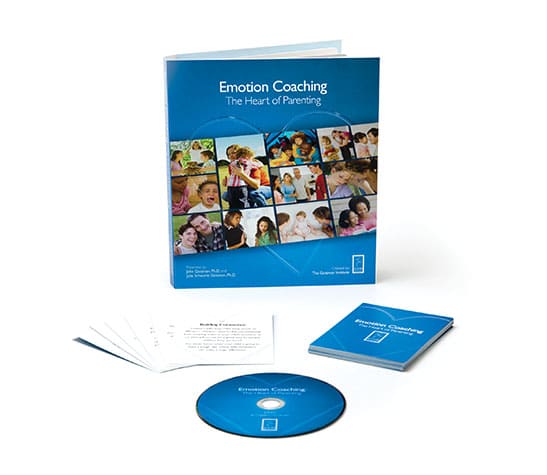Kids & Teens
We provide services to minors who are struggling behaviorally and emotionally. Childhood and adolescence is often a challenging time to navigate and we want to support minors and their families to strengthen self-esteem, academic achievement, social skills, emotional development, adjustment to change and the ability to feel good about themselves.
Our work with minors often involves a form of family therapy. We agree to work with individual minors under specific policy and procedure that we have outlined in our intake documents. Generally parents have a right to know what is being talked about in our sessions with minors, however it is our policy to ask parents and guardians to allow for their children to have privacy and confidentiality in their sessions.
We are not custody evaluators and we do not work for the courts, lawyers, judges, or any outside agency. We provide client centered services, for the child’s advocacy and we do not get involved with the custom of using a child’s testimony against one or another parent in a custody situation. Your child is not a pawn. Your child is a unique, special, valuable human being that needs to be nurtured and cared for. Therapy can be a resource in helping your child return to feeling valued, nurtured, respected and cared for. We use family therapy when a family wants to strengthen their ability to value, nurture, respect and care for their children and to help them strengthen their communication, compliance, self-esteem, confidence, motivation and overall mental health.
The involvement of children and adolescents in therapy can be highly beneficial to their overall development. Very often, it is best to see them with parents and other family members to strengthen communication and positive interaction. Sometimes they are best seen alone to strengthen social skills, and their ability to self-assess, reflect and express emotions appropriately. I will assess which might be best for your child and make recommendations to you.
The first stage of therapy with minors is to meet with the parents to assess their understanding of the child’s behavior or emotional issues. The next step is to meet with the child individually to establish rapport, and begin treatment. Building rapport is often a slow process that takes time, especially if a child or teen has trust issues resulting from experiences of loss, abandonment, abuse, neglect, witnessing domestic violence, or other forms of trauma.
Rapport building and treatment is client centered and happens through focusing on what is familiar to them including personal interests, games, and various art and play activities. These various activities help a child or teen to develop skills, process thoughts and work through emotions in an indirect and non-threatening way. Once rapport is built, more direct approaches can be taken. The general goal of involving children in therapy is to foster their development at all levels. At times, it may seem that a specific behavior is needed, such as to get the child to obey or reveal certain information.
The general goal of involving children in therapy is to foster their development at all levels. At times, it may seem that a specific behavior is needed, such as to get the child to obey or reveal certain information. Although those objectives may be part of overall development, they may not be the best goals for therapy.
I very much emphasize validating the youth’s emotions and helping the youth to better self-assess, reflect and express emotions in an age appropriate manner. Helping a child increase their emotional vocabulary helps them reduce behavioral acting out, strengthens self-esteem and helps them to do better across settings.
When behavior is the focus, I help parents to reinforce expectations by using a strengths based approach, meaning focusing on skill building and reinforcing positive behaviors rather than overly-focusing on the negatives.
This includes parent psycho-education and emotional support for parent/caregiver. One of the educational resources that I find useful with parents is called Emotion Coaching developed by Dr. John Gottman.



